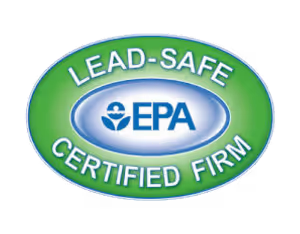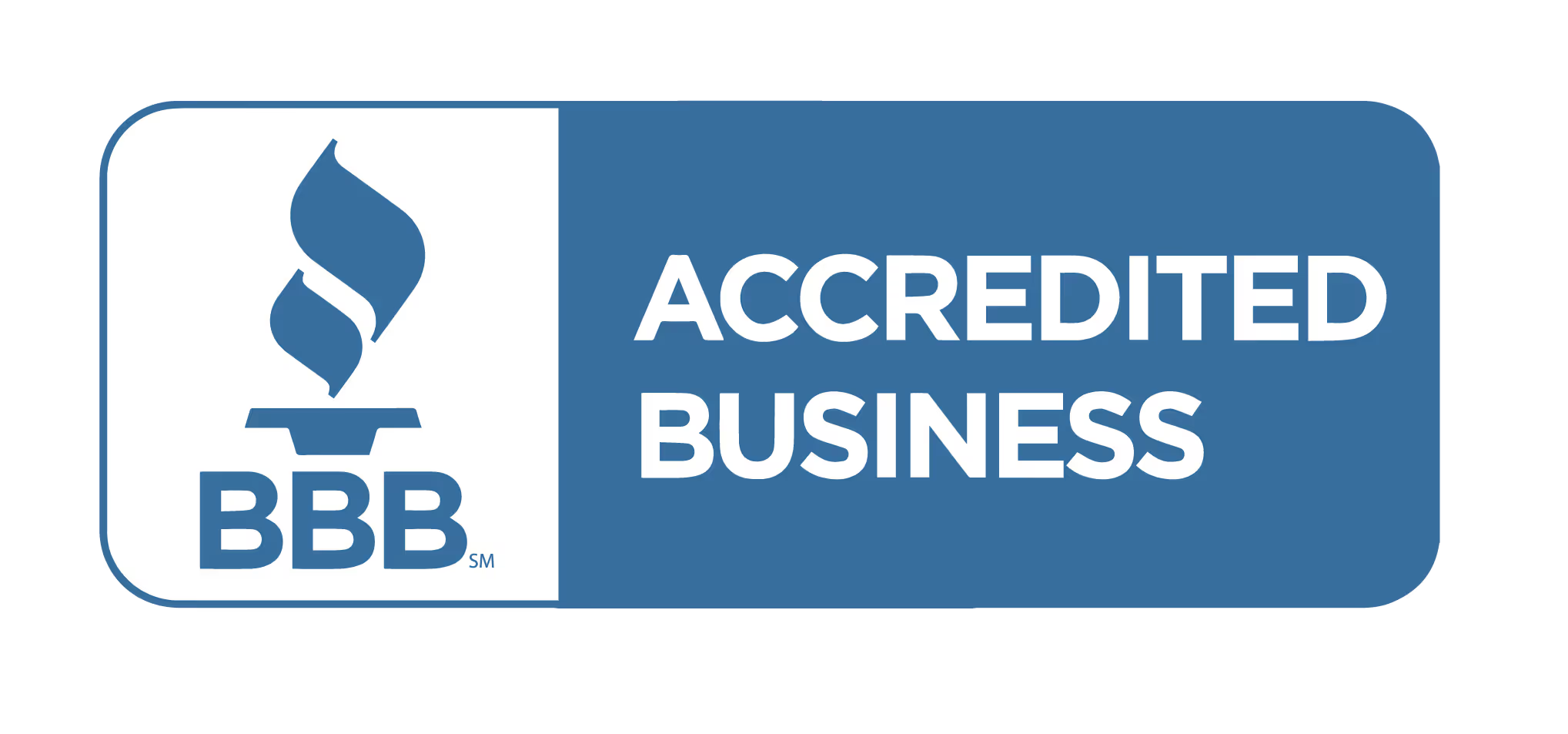Mold is a common but often misunderstood issue in homes. As a type of fungus, mold thrives by digesting organic matter and reproduces by forming spores. These spores can lead to new colonies, making mold a persistent problem if not addressed properly. This article delves into what mold is, its effects on your home and health, and how to effectively manage and prevent mold issues.
What is Mold?
Mold is a type of fungus that includes thousands of varieties. It survives by digesting organic matter and reproduces through spores, which can spread and form new colonies. Mold requires both food and water to thrive, making moisture control crucial in preventing indoor mold growth.
How Mold Grows
Mold spores break off from existing colonies and land on other surfaces, forming new colonies. Controlling mold involves limiting its access to water since it can digest most organic materials.
Common Sources of Moisture
Mold growth often starts with water from leaks, floods, or high humidity. Homeowners might know the cause, such as a burst pipe or leaking roof, but sometimes it's hidden, like slow seepage or uncontrolled indoor humidity.
The Importance of Immediate Water Removal
It's essential to remove all water quickly after a flood or leak to prevent mold. Mold can grow in porous materials if water isn't thoroughly removed, emphasizing the need for professional help in water disaster scenarios.
Identifying Mold in Your Home
All molds can damage your home. A single square inch of drywall can harbor millions of mold spores, leading to significant and permanent damage if mold is allowed to spread.
Visual and Odor Indicators
Mold often presents as discoloration on walls, ceilings, or floors and is usually accompanied by a musty odor. Regularly inspecting and maintaining your home can help identify mold early.
Mold and Health Effects
Mold exposure can lead to various health issues. Molds produce allergens, irritants, and sometimes toxic substances called mycotoxins, which can cause adverse health reactions.
Symptoms of Mold Exposure
Health symptoms related to mold exposure can include headaches, breathing difficulties, skin irritation, allergic reactions, and asthma aggravation. If you suspect mold-related health issues, consult a doctor.
Why Mold is a Bigger Problem Today
Modern homes are built to be energy-efficient, sealing them tightly and reducing natural ventilation. This can trap moisture and contaminants, including mold, making indoor mold a more significant issue than in the past.
Mold Testing in CT
When dealing with mold, many wonder whether to test the type of mold or call their insurance company first. The best initial step is to contact professionals who can assess the situation and guide you through the necessary steps, including testing and filing insurance claims.
FAQs
What is the best way to prevent mold in my home?To prevent mold, control moisture levels. Fix leaks promptly, use dehumidifiers, and ensure proper ventilation in damp areas like bathrooms and kitchens.
How do I know if I have mold in my home?Signs of mold include visible growth, a musty odor, and health symptoms like allergies or respiratory issues. Professional inspections can provide a definitive answer.
Can I remove mold myself?Small mold patches can be cleaned with household cleaners, but extensive mold should be handled by professionals to ensure thorough removal and to address the source of moisture.
Is mold dangerous to everyone?Mold can affect anyone, but individuals with allergies, asthma, or weakened immune systems are more susceptible to its adverse effects.
How is mold testing performed?Mold testing involves air sampling, surface sampling, and laboratory analysis to identify mold types and concentrations. Professionals use these results to recommend appropriate remediation.
What should I do if I find mold in my home?If you find mold, identify and fix the source of moisture, clean the affected area if it's small, and contact professionals for larger infestations to ensure safe and effective removal.
Conclusion
Understanding mold, its growth conditions, and its impact on health and property is crucial for homeowners. Promptly addressing moisture issues, regular inspections, and professional assistance are key to managing mold effectively. For those in Connecticut, professional mold testing and remediation can ensure a healthy and mold-free home environment.






.avif)


